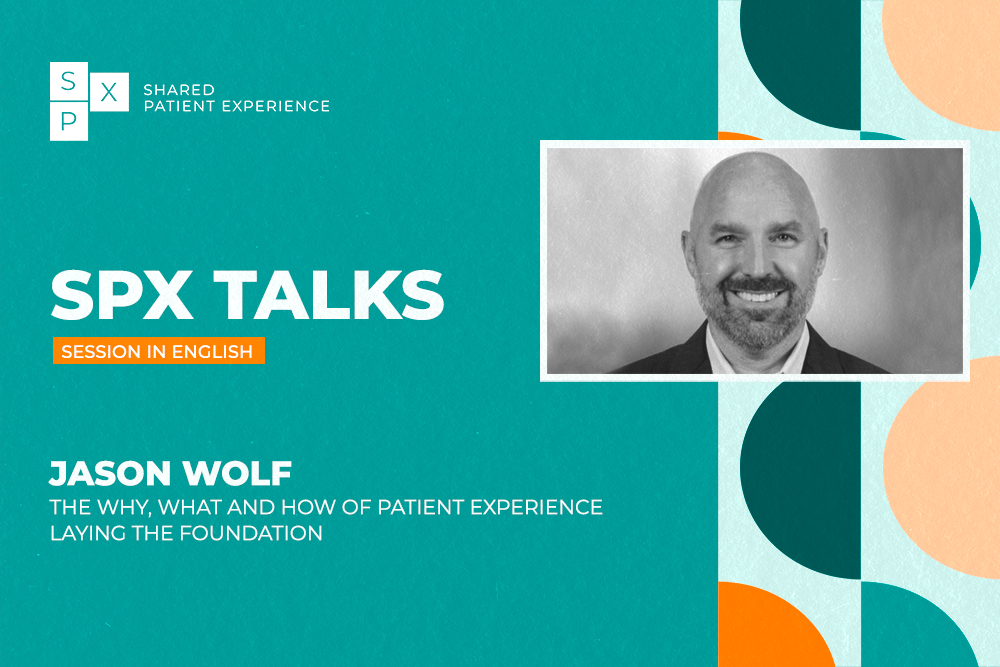
Patient Engagement in Research: The First Results from the Research Institute on Patient-Centred Outcomes
Introduction:
The participation of consumers, patients and other stakeholders in the health sector as research partners holds great promise in producing evidence that is better tailored to the needs of patients. Therefore, identifying, understanding and supporting the engagement practices that contribute to the design, conducting and adoption of research play an important strategic role. This knowledge can inform best practices, policies and resource allocation with respect to the types, intensity and circumstances of patient and other stakeholder engagement in health research.
Discussion:
The study finds greater engagement of patients specifically compared to other groups, as well as a preponderance of engagement contributions to the tailoring of interventions and research design decisions. As comparative effectiveness research examines the effectiveness of clinical services in real-world settings and populations – particularly those prone to health disparities – this adaptation is important. The study also shows that engagement contributes to the identification of important research questions and findings for patients and clinicians, for the recruitment and retention of study participants, for the data collection process, for the interpretation of results and their dissemination. Overall, the results suggest that engagement contributes to research that is better suited to the needs of patients and clinicians.
Descriptions of the effects of engagement contributions fall into four important and strongly interconnected groups: feasibility, acceptability, thoroughness and relevance. The inability to complete studies, the consideration of low-priority research questions, and inadequate study designs are significant sources of wasted research resources. Therefore, the feasibility, acceptability, rigour and relevance of the results to patients and clinicians are important steps in producing useful evidence more quickly that affects healthcare delivery and, ultimately, outcomes for patients.
Implications
Concluding that patients and stakeholders engage as consultants and collaborators and contribute to research that is best suited to the needs of patients and clinicians has implications for research policy and practice. Investors and research institutions must establish engagement policies and provide resources to support research that best meets the needs of end users. In addition, research teams conducting engaged research should consider conceptualising engagement as two-way communication on the various factors that influence research decisions, rather than a simple one-way information gathering process. Finally, incomplete descriptions of how specific engagement practices affect research are common. Therefore, the findings confirm the need to prioritise the inclusion of information on engagement and its implications in peer-reviewed articles and to contribute to international conversations on how to report on engagement. Journal publishers, researchers and consumers will need to work together to ensure that important scientific information and engagement are communicated. This review also highlights the need to develop innovative research designs and validated metrics to assess engagement processes and outcomes from multiple perspectives. Assessing how engagement affects research is particularly difficult in the context of ongoing relational engagement with complete and authentic integration between the partners.
Conclusion
This study examined, in near real time, the contributions of partner engagement to early comparative effectiveness research. For the authors, shared engagement contributions are arguably the most meaningful and impactful aspects of engagement. These examples represent the beginning of a shift in focus from an investigator-led research approach to one that collaborates more with patients, consumers and other stakeholders. While more evidence on the conducting and impact of engagement in research into health outcomes is needed, these early findings are beginning to show the perceived value of engagement in patient-centred comparative effectiveness research and can catalyse a broader shift towards a culture of engagement. In fact, a cultural shift is underway in both health research and health care as other sources of funding, research entities and healthcare systems emphasise engagement. Ultimately, the evidence will be more useful and relevant for decision making when patients and stakeholders are more involved in the research process. It can only help improve both health and health care.



